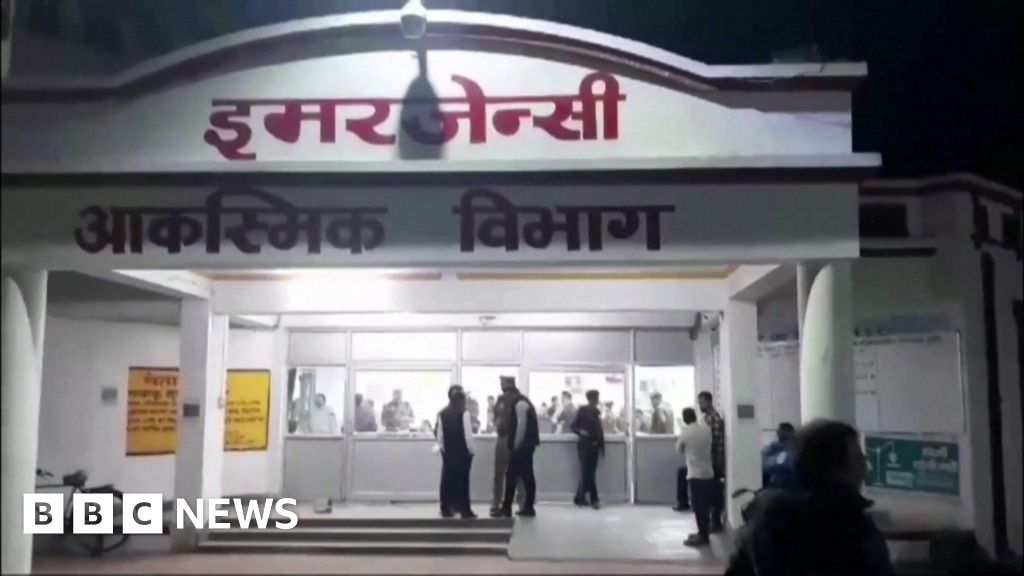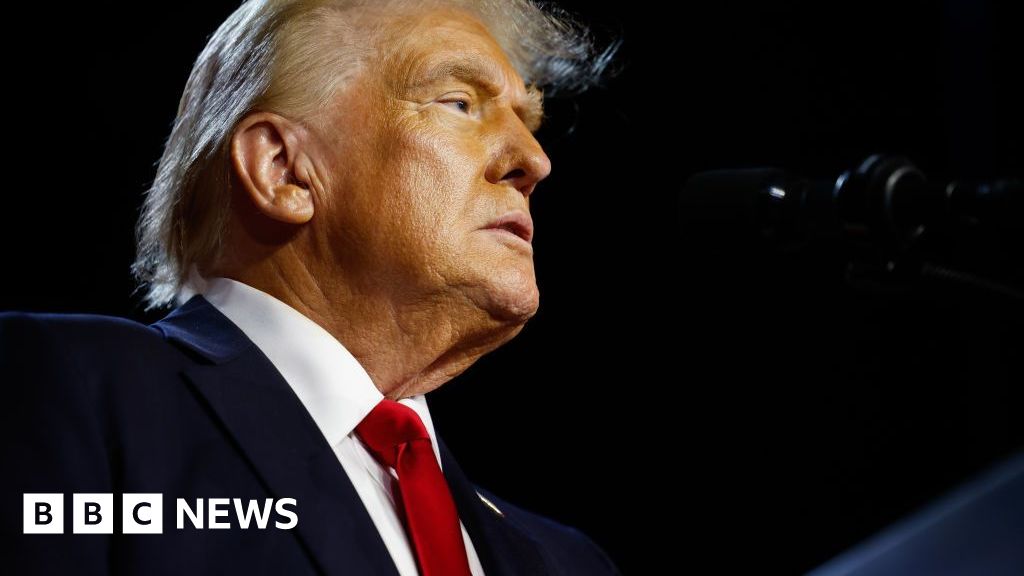ARTICLE AD BOX
Image source, Jilin Police
Image caption,The man, identified by his Chinese name Zhu Xianjian, had been on the run for 40 days
A North Korean man has been re-captured after evading the police for 40 days, following a bold escape from a Chinese prison.
The 39-year-old man, known by his Chinese name Zhu Xianjian, was arrested again on Sunday, according to a brief statement from Chinese police.
Zhu had been sentenced to prison in the city of Jilin after fleeing to China from North Korea in 2013.
A large bounty was offered for information leading to his capture.
Footage released by state-run Beijing News showed Zhu on the night of 19 October climbing a prison shed and scaling its rooftop, before vaulting over the nearest electric fence to freedom.
The video also showed prison guards attempting to give chase.
The escape triggered a manhunt for him that generated wide interest on Chinese social media. Authorities progressively increased the reward for information directly leading to his capture to 700,000 yuan(£82,000; $109,000) to bolster chances of him being found.
Images of his eventual capture released by Jilin local TV stations showed Zhu looking pale and emaciated as he lay on the ground with his hands cuffed behind his back.
Zhu had been initially imprisoned on charges of illegal entry into China, larceny, and robbery after escaping from reclusive North Korea.
Court records showed he had crossed a river separating North Korea from China in 2013 and raided several houses in a nearby village, stealing money, mobile phones and clothes.
He also stabbed an elderly woman who discovered him and tried to flee in a taxi before being arrested by police.
Zhu had served nine years of his prison term, and at the time of his escape was two years shy of being released and deported back to North Korea. Some had speculated that he escaped from jail to avoid being sent back.
China forcibly repatriates North Koreans despite being party to the 1951 UN Convention on Refugees, which obliges signatories not to return refugees if it may put them at risk of persecution or torture.
China sees defectors as illegal migrants rather than refugees, which allows them to be be dealt with as criminals in the country's legal system.
In 2014, the UN Commission of Inquiry on human rights said North Korea was responsible for "systematic, widespread and gross human rights violations" and "crimes against humanity".
You may also be interested in:
North Korea defectors: Why it's getting harder to escape

 2 years ago
90
2 years ago
90








 English (US)
English (US)